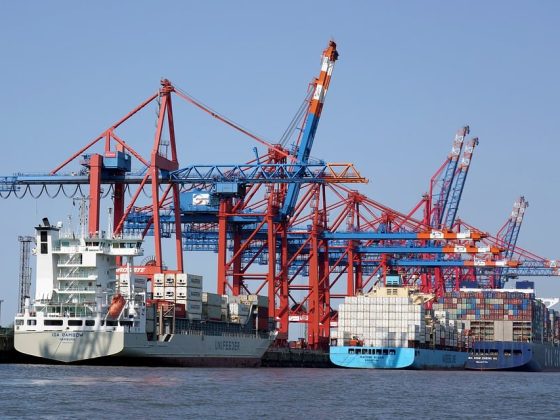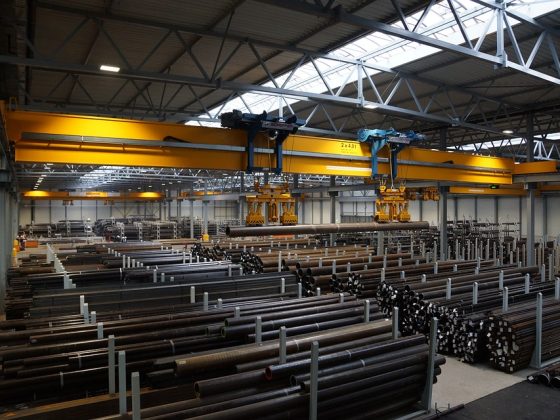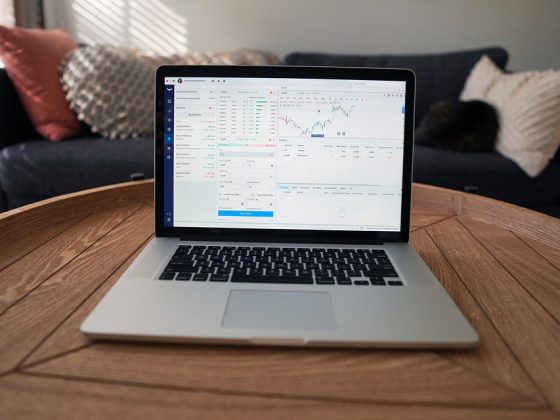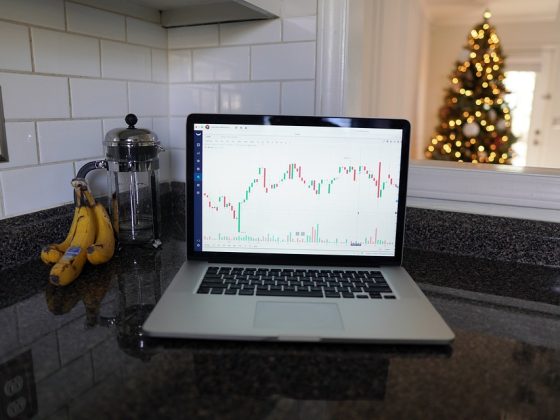Building Financial Resilience: Tips for Overcoming Economic Challenges
In today's unpredictable economic climate, it's more important than ever to be financially resilient. Financial resilience refers to the ability to bounce back from financial setbacks and challenges, and to continue moving forward towards financial stability and success. While economic challenges are inevitable, there are steps you can take to build financial resilience and weather any storms that come your way.
Here are some tips for building financial resilience:
1. Create a Budget and Stick to It: One of the most important steps in building financial resilience is to create a budget and stick to it. A budget will help you track your income and expenses, and can help you identify areas where you can cut back or save more. By sticking to a budget, you can avoid overspending and ensure that you have enough money to cover your expenses even during tough financial times.
2. Build an Emergency Fund: An emergency fund is a crucial tool for building financial resilience. An emergency fund is a savings account that you can dip into in case of unexpected expenses, such as medical bills, car repairs, or job loss. Aim to save at least three to six months' worth of living expenses in your emergency fund to provide a financial cushion during difficult times.
3. Pay Off Debt: Debt can be a major obstacle to financial resilience. High-interest debt can quickly spiral out of control and make it difficult to save for the future. To build financial resilience, focus on paying off your debt as quickly as possible. Start by paying off high-interest debt first, such as credit card debt, and then work on paying off other debts, such as student loans or car loans.
4. Diversify Your Income: Relying on a single source of income can leave you vulnerable to economic challenges. To build financial resilience, consider diversifying your income by taking on a side job, starting a small business, or investing in passive income streams. Diversifying your income can help you weather unexpected financial setbacks and provide you with a steady source of income even during tough times.
5. Cut Back on Expenses: One of the most effective ways to build financial resilience is to cut back on unnecessary expenses. Look for areas where you can save money, such as dining out less, canceling subscription services, or shopping for cheaper alternatives. By cutting back on expenses, you can free up more money to save for the future and build a financial cushion.
6. Invest in Your Future: Building financial resilience also means investing in your future. Consider setting up a retirement account, such as a 401(k) or IRA, to save for your retirement. Investing in your future can help you build long-term financial stability and security, even during economic challenges.
7. Seek Financial Advice: If you're struggling to build financial resilience, consider seeking advice from a financial advisor. A financial advisor can help you create a personalized financial plan, set financial goals, and provide you with expert advice on how to build financial resilience and overcome economic challenges.
Financial Resilience FAQs:
Q: How can I start building an emergency fund?
A: To start building an emergency fund, set a savings goal and start saving a small amount of money each month. Aim to save at least three to six months' worth of living expenses in your emergency fund to provide a financial cushion during tough times.
Q: Should I pay off debt before building an emergency fund?
A: It's important to strike a balance between paying off debt and building an emergency fund. Aim to pay off high-interest debt first, such as credit card debt, while also building an emergency fund to provide a financial cushion in case of unexpected expenses.
Q: How can I diversify my income?
A: To diversify your income, consider taking on a side job, starting a small business, or investing in passive income streams. Diversifying your income can help you weather economic challenges and provide you with a steady source of income.
Q: What should I look for in a financial advisor?
A: When choosing a financial advisor, look for someone who is experienced, qualified, and trustworthy. A financial advisor should be able to help you create a personalized financial plan, set financial goals, and provide you with expert advice on how to build financial resilience.
In conclusion, building financial resilience is essential for overcoming economic challenges and achieving financial stability. By following these tips and seeking expert advice, you can build a solid financial foundation that will help you weather any storms that come your way. Remember to create a budget, build an emergency fund, pay off debt, diversify your income, cut back on expenses, invest in your future, and seek financial advice to build financial resilience and achieve long-term financial success.











